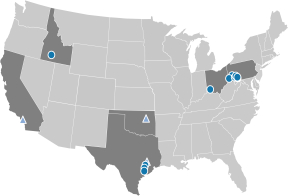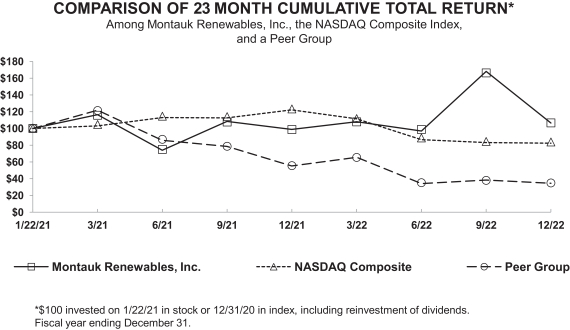relationships with our customers and strategic partners, lead to claims against us from governments and private plaintiffs, and ultimately have a material adverse effect on our business. While we have been the previous target of cyberattacks and security breaches, none of these attacks or breaches to date have had a material adverse effect on the Company. We cannot guarantee that future cyberattacks, if successful, will not have a material effect on our business or financial results.
Many governments have enacted laws requiring companies to provide notice of cyber incidents involving certain types of data, including personal data. Any compromise of our security could result in a violation of applicable domestic and foreign security, privacy or data protection, consumer and other laws, regulatory or other governmental investigations, enforcement actions, and legal and financial exposure, including potential contractual liability that could have a material adverse effect on our business. In addition, we may be required to incur significant costs to protect against and remediate damage caused by these disruptions or security breaches in the future that could have a material adverse effect on our business.
We rely on the technology, infrastructure, and software applications of certain third parties in order to host or operate some of our business. Additionally, we rely on computer hardware purchased in order to operate our business. We do not have control over the operations of the facilities of the third parties that we use. If any of these third-party services experience errors, disruptions, security issues, or other performance deficiencies, if these services, software, or hardware fail or become unavailable due to extended outages, interruptions, defects, or otherwise, or if they are no longer available on commercially reasonable terms or prices (or at all), these issues could result in material errors or defects in our platforms (including causing our platforms to fail), our revenue and margins could materially decline, or our reputation and brand to be materially damaged. Additionally, we could be exposed to material legal or contractual liability, our expenses could materially increase, our ability to manage our operations could be materially interrupted, and our processes for servicing our customers could be materially impaired until equivalent services or technology, if available, are identified, procured, and implemented, all of which may take significant time and resources, increase our costs, and could materially and adversely affect our business. Many of these third-party providers that attempt to impose limitations on their liability for such errors, disruptions, defects, performance deficiencies, or failures, and if enforceable, we may have additional liability to our customers or third-party providers that could have a material adverse effect on our business. A failure to maintain our relationships with our third-party providers (or obtain adequate replacements), and to receive services from such providers that do not contain any material errors or defects, could adversely affect our ability to deliver effective products and solutions to our customers and adversely affect our business and results of operations.
Our business could be negatively affected by security threats, including cybersecurity threats and other disruptions.
As a renewable energy producer, we face various security threats, including among others, computer viruses, malware, telecommunication and electrical failures, cyber-attacks or cyber-intrusions over the internet, attachments to emails, persons with access to systems inside our organization, cybersecurity threats to gain unauthorized access to sensitive information or to expose, exfiltrate, alter, delete or render our data or systems unusable, threats to the security of our projects and infrastructure or third-party facilities and infrastructure, such as processing projects and pipelines, natural disasters, threats from terrorist acts and war.
We take various steps to identify and mitigate potential cybersecurity threats. As cyber incidents become more frequent and the sophistication of threat actors increases, our associated cybersecurity costs are expected to increase. Specifically, we expect to implement several incremental cybersecurity improvements over the next 18 to 36 months to enhance our defensive capabilities and resilience. Despite our ongoing and anticipated cybersecurity efforts, a successful cybersecurity incident could lead to additional material costs, including those related to the loss of sensitive information, repairs to infrastructure or capabilities essential to our operations, responding to litigation or regulatory investigations, and those related to a material and adverse impact on our reputation, financial position, results of operations, or cash flows.
-35-



